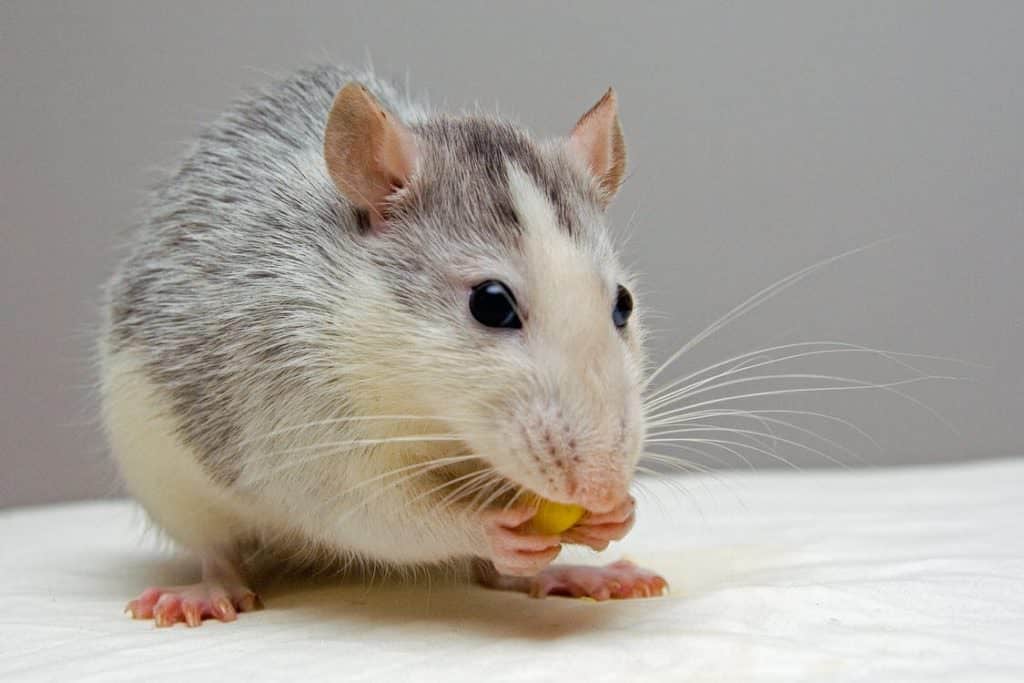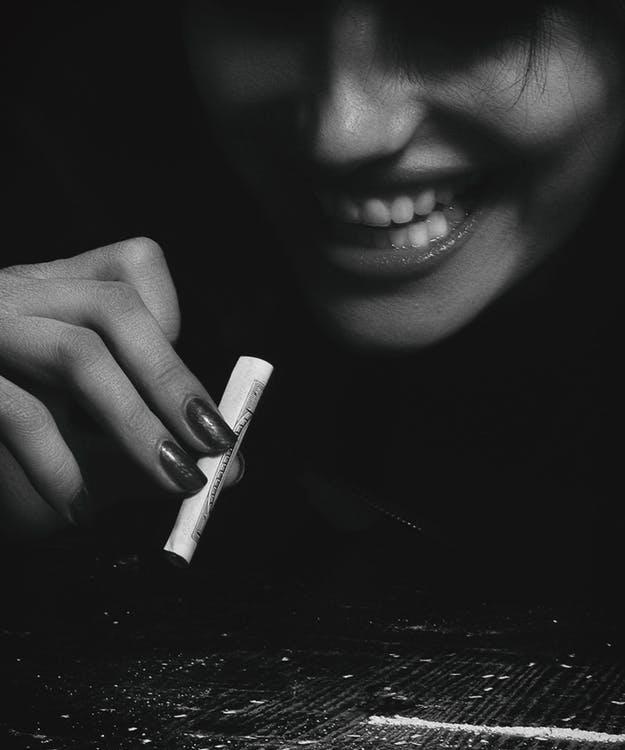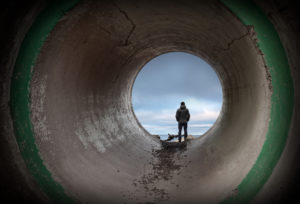Cocaine users who try to get treatment for their addiction experience a rather high rate of relapse after completing their time in rehab. Unlike opioids, cocaine does not have any special drugs that aids in the process of quitting, called Medication Assisted Treatment (MAT). This does not mean there are no efforts being made toward such a medications.
A study recently published in Cell Reports conducted by the University of Pittsburgh in Pennsylvania may have established a link between specific components of the brain that actively affect addiction and craving of cocaine. According to Mary M. Torregrossa Ph.D, an associate professor of psychiatry, relapse often happens from environmental cues that trigger memories, also called cue-associated memories.
“While we’ve always known that the brain forms these cue-associated memories, the specific circuits have never been clearly identified,” Torregrosa says.
One of the biggest hurdles of treating cocaine addiction is behavioral therapy. In treatment, the environment is controlled and so developing resistance in a patient related to cues lacks the context of the outside world where they actually developed those behaviors to serve their craving, thus why a user will be able to overcome craving and usage while in therapy, but often will find difficulty in fighting relapse outside of that controlled environment.
Using mice in a controlled environment, the research team invoked a cocaine addiction associated with a lever, a bell and light. The rats then began to respond to just the bell and light in search of another dose of cocaine, inducing a cue that results in serving the addiction. When the environment itself changed, the mice did not respond as strongly to those ‘cues’, but when put back in the original environment, their use resumed as it was before.
A second group of mice was given a different treatment in which the researchers weakened the MGN-LA circuit synapses with optogenetics. In other words, they disrupted brain messages in a specific area that is known to promote behaviors from memories. When this was applied to the this group of mice when put back into their original environment, there was a significant difference; most stopped responding to the light and bell cues and didn’t push the lever for more cocaine as a result, making them able to resist the context of the cues as well.
“In the long-term, these findings may help us develop drugs or approaches like deep brain stimulation to specifically target these memories strengthened by substance use and improve the success of exposure therapy to prevent relapse,” Dr. Torregrossa explained. It generally takes up to a decade or more simply to meet FDA human trial requirements for safety of any new medications. Until then, those suffering from cocaine use disorder will have to be very conscious of these cues and actively work against them based on the therapy and treatments now available. In the future, though, addiction to cocaine and other substances may all be possible to use MAT methods which help an addict at a deep subconscious level to resist relapse urges.

Despite there being no MAT for cocaine, treatment can give anyone with cocaine use disorder the tools to manage their chronic illness. If you or someone you know in St. Louis is suffering from cocaine or other drug or alcohol addiction, Northbound’s addiction treatment facilities offer a variety of options for drug addiction rehab. Call Northbound’s addiction hotline number at 855-858-6803.
Author
-

President, CEO & Founder at Northbound Treatment Network
Paul Alexander is the CEO, President & Founder of Northbound Treatment Network in Newport Beach, California. He believes wholeheartedly in transformational leadership, organizational health and effective, fully integrated substance use disorder and mental health treatment. With over 27 years of experience in behavioral healthcare, Paul has extensive knowledge of “in vivo” treatment modalities, clinical development, operations, strategy, marketing and financial planning. He has been widely recognized for his development of collegiate-based residential treatment programs for students in recovery and authored a research study at The University of California confirming this modality’s effectiveness.
Paul’s comprehensive professional experience, willingness to innovate, and emphasis on organizational health are vital factors in Northbound’s continued success. Paul received his Certified Addiction Treatment Specialist training at Saddleback College in Mission Viejo, CA, and was awarded Outstanding Alumni Service Award in 2002. Paul holds a Bachelor of Arts degree in Criminology, Law and Society, Summa Cum Laude, from University of California, Irvine, and a Juris Doctorate degree from Loyola Law School of Los Angeles. Paul currently serves on The National Association of Addiction Treatment Providers (NAATP) board. In addition, he serves on The Family Recovery Foundation board and The CarePossible board in Orange County; both organizations are committed to raising funds for family recovery and treatment for former military personnel. Paul is in recovery himself and lives in Orange County with his wife Silvana and his two young sons, Noah and Dean.










